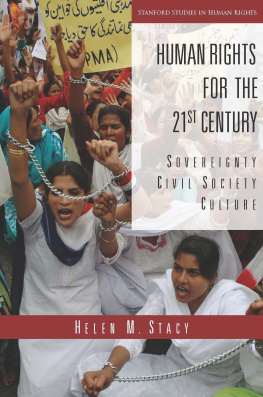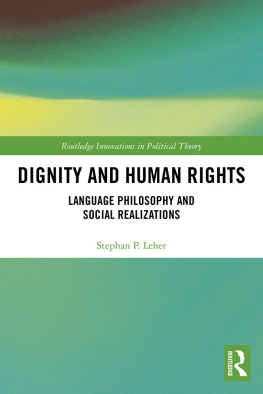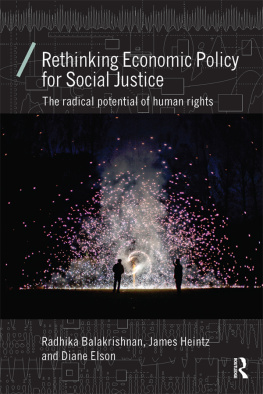Gerhard Hirschfeld - The People: Growth and Survival
Here you can read online Gerhard Hirschfeld - The People: Growth and Survival full text of the book (entire story) in english for free. Download pdf and epub, get meaning, cover and reviews about this ebook. year: 2008, publisher: Aldine Transaction, genre: Politics. Description of the work, (preface) as well as reviews are available. Best literature library LitArk.com created for fans of good reading and offers a wide selection of genres:
Romance novel
Science fiction
Adventure
Detective
Science
History
Home and family
Prose
Art
Politics
Computer
Non-fiction
Religion
Business
Children
Humor
Choose a favorite category and find really read worthwhile books. Enjoy immersion in the world of imagination, feel the emotions of the characters or learn something new for yourself, make an fascinating discovery.

- Book:The People: Growth and Survival
- Author:
- Publisher:Aldine Transaction
- Genre:
- Year:2008
- Rating:4 / 5
- Favourites:Add to favourites
- Your mark:
The People: Growth and Survival: summary, description and annotation
We offer to read an annotation, description, summary or preface (depends on what the author of the book "The People: Growth and Survival" wrote himself). If you haven't found the necessary information about the book — write in the comments, we will try to find it.
No society at any time, under any conditions, has provided enduring freedom, security, justice, or self-determination for all of its citizens. The problems that confront the human species today are so large, so complex, and so urgent that an effective solution requires a framework that considers mankind as a whole. The alternative, according to Gerhard Hirschfeld, is global disaster.
These observations provide both the motivation and the focus for The People, a book that proposes a radical departure from traditional perceptions of people in society. Hirschfeld argues that the basic relationship between people, leaders, and the middle class has always been fixed in human society, and that the people in all societies and at all times have been subject to domination and exploitation. To change this condition--to assure that the people attain dignity and basic human rights--he proposes the creation of a much broader social framework.
The work traces the development of the three sectors of society: leaders, distinguished by natural talents and the ability to furnish ideas, design, and organization; second, the people--insecure, dependent, defenseless, and exploited; and third, the middle class, playing the part of an equalizer or moderator to the other two classes. The heart of the book is a careful, long-range analysis of these three great historical forces, leading to specific proposals of principles and procedures upon which the creation of a mankind-oriented society might be based. Whether used as a text or as a manifesto and call to action, this exceptional work is a unique contribution that will ensure its appeal to diverse audiences.
Gerhard Hirschfeld: author's other books
Who wrote The People: Growth and Survival? Find out the surname, the name of the author of the book and a list of all author's works by series.








